Contents
The Apostolic Fathers
EARLY CHRISTIAN WRITINGS
Translated by MAXWELL STANIFORTH
Revised translation, Introductions and Notes by
ANDREW LOUTH
PENGUIN BOOKS
UK | USA | Canada | Ireland | Australia
India | New Zealand | South Africa
Penguin Books is part of the Penguin Random House group of companies whose addresses can be found at global.penguinrandomhouse.com.
First published 1968
Reprinted with new editorial material by Andrew Louth 1987
Copyright Maxwell Staniforth, 1968
Revised translation, Introductions and all editorial material copyright Andrew Louth, 1987
All rights reserved
ISBN: 978-0-141-91530-2
PENGUIN

CLASSICS
EARLY CHRISTIAN WRITINGS
ADVISORY EDITOR: BETTY RADICE
MAXWELL STANIFORTH was educated at Charterhouse and Christ Church, Oxford, where he held a classical scholarship. Plans for an academic career were frustrated by the outbreak of war in 1914, and for the next four years he served as an infantry officer on the Western Front. After the war he became a railway-man on the British Railways in Argentina, eventually leaving with the rank of Assistant Traffic Manager. He returned to England to take Holy Orders and after twenty-five years as a parish priest retired as Rural Dean of Blandford in Dorset. He translated two works for the Penguin Classics: this present volume and Marcus Aurelius: Meditations. He died in 1986.
ANDREW LOUTH, born in Lincolnshire and brought up in the north of England, studied theology at the universities of Cambridge and Edinburgh. From 1970 to 1985 he was Fellow and Chaplain of Worcester College, Oxford, and University Lecturer in Theology, teaching principally Patristics. From 1985 to 1996, he taught history and theology at Goldsmiths College in the University of London, latterly holding a chair in Cultural History. Since 1996, he has been at the University of Durham, where he is now Professor of Patristic and Byzantine Studies. He is the author of several books, most recently St John Damascene: Tradition and Originality in Byzantine Theology (2002).
THE BEGINNING
Let the conversation begin
Follow the Penguin Twitter.com@penguinUKbooks
Keep up-to-date with all our stories YouTube.com/penguinbooks
Pin Penguin Books to your Pinterest
Like Penguin Books on Facebook.com/penguinbooks
Listen to Penguin at SoundCloud.com/penguin-books
Find out more about the author and
discover more stories like this at Penguin.co.uk
To Betty Radice
critic and editor of this book
O si sic omnes
General Introduction
None of the writings translated in this volume (apart from The Martyrdom of Polycarp) was known in anything like its authentic form, if at all, between the dusk of the Dark Ages and the end of the sixteenth century. Most were not known at all: they are preserved in very few manuscripts and these lay, unread, in monastic libraries in the East, or even, in one case, awaiting use as wrapping paper in a fishmongers. The letters of Ignatius were known, but in a form that had been distorted by interpolation and addition. That distortion seems to have taken place in the latter part of the fourth century and had the effect of clothing the early-second-century martyr in the dress of a protagonist in the theological debates of the fourth century. This was part of a more general phenomenon whereby the tentative beginnings of Christianity were hauled into the world of the Theodosian State Church and a development from small and uncertain origins was seen with the eyes of what had become a successful concern. The perspective in the history of the early Church was foreshortened and Christian origins became a fixed and certain tapestry. Ignatius peered out from an interpolated correspondence; Clement was lost in the romantic legends of the Clementine Recognitions and Homilies which magnified the role of Peter the Apostle in the early Church; Justin Martyr, the second-century apologist, took under his authorial aegis works by the fifth-century writer Theodoret; Eusebiuss The History of the Church and later developments of it saw the converted Emperor and Empire as the natural and intended result of the mission of Jesus, the three centuries of persecution being an interlude before the light dawned; the Pope, especially by the time of Leo the Great, became not so much St Peters successor as his living presence (Peter has spoken through Leo! they exclaimed at the Council of Chalcedon); and with the ascription to St Pauls Athenian convert, Denys (see Acts xvii, 34), of the writings of the late fifth-century Corpus Areopagiticum, with their marriage of advanced Neoplatonic metaphysics and developed Christian theology, the sense that all the familiar landmarks of fifth-century Christianity had been there from the beginning was virtually complete. This was reinforced by the old habit of ascribing liturgical instructions to the Apostles, beginning, in a way, with The Didache and continuing with the third-century Apostolic Tradition of Hippolytus and the fourth-century Canons of the Apostles and Apostolic Constitutions.
The discovery of the writings of the Apostolic Fathers was part of the process of unpicking this tapestry and allowing us some glimpse at least of the much less settled, and less defined, life of the early Church. And it was a gradual process: the earliest of these writings was published in 1592, the last in 1883, and (except in the case of The Didache) publication took place before the days when such novelties automatically attracted the glare of publicity. But this gradual and unpublicized process of discovering the authentic writings of the Apostolic Fathers has been, in real terms, more important for our knowledge of the early Church than the apparently much more exciting discoveries since the end of the Second World War of libraries at Nag Hammadi and Qumran about which the media have periodically made such a fuss. The Apostolic Fathers have suffered, perhaps, from a kind of scholarly respectability, suggested by their very title. But it is a late title no collection of Apostolic Fathers was ever made by the Church one that was first used by the second editor of such an edition (Ittig, in 1699) the meaning of which is spelt out in the title of the first edition, by Cotelier in 1672, which is the writings of those holy Fathers who flourished in the times of the Apostles. In addition to the writings represented here, Cotelier included The Shepherd of Hermas

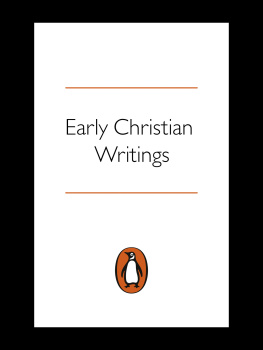
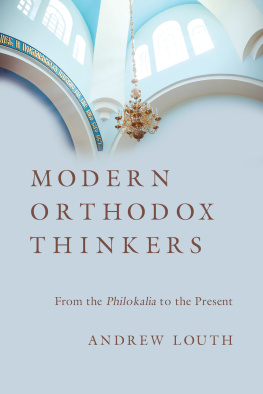
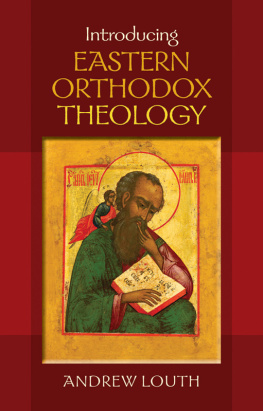

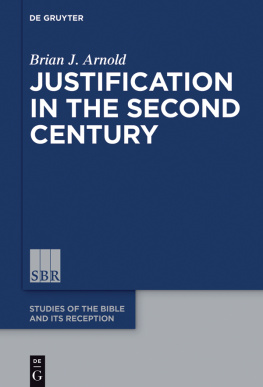
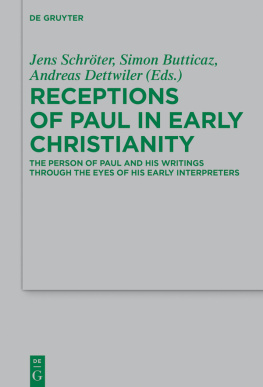
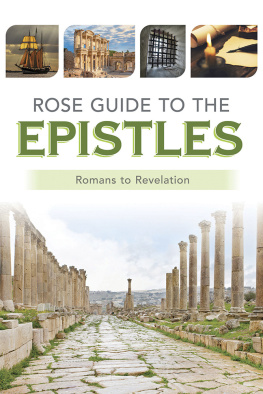
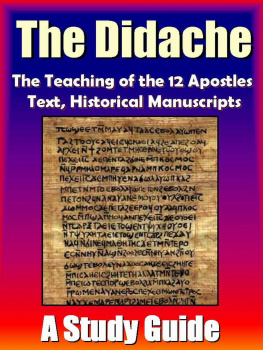
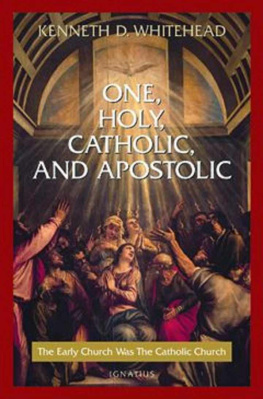
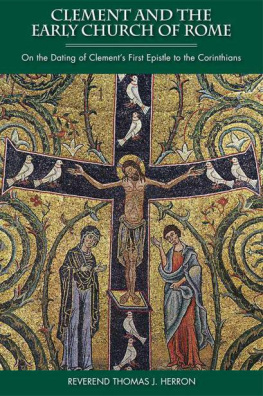




 CLASSICS
CLASSICS